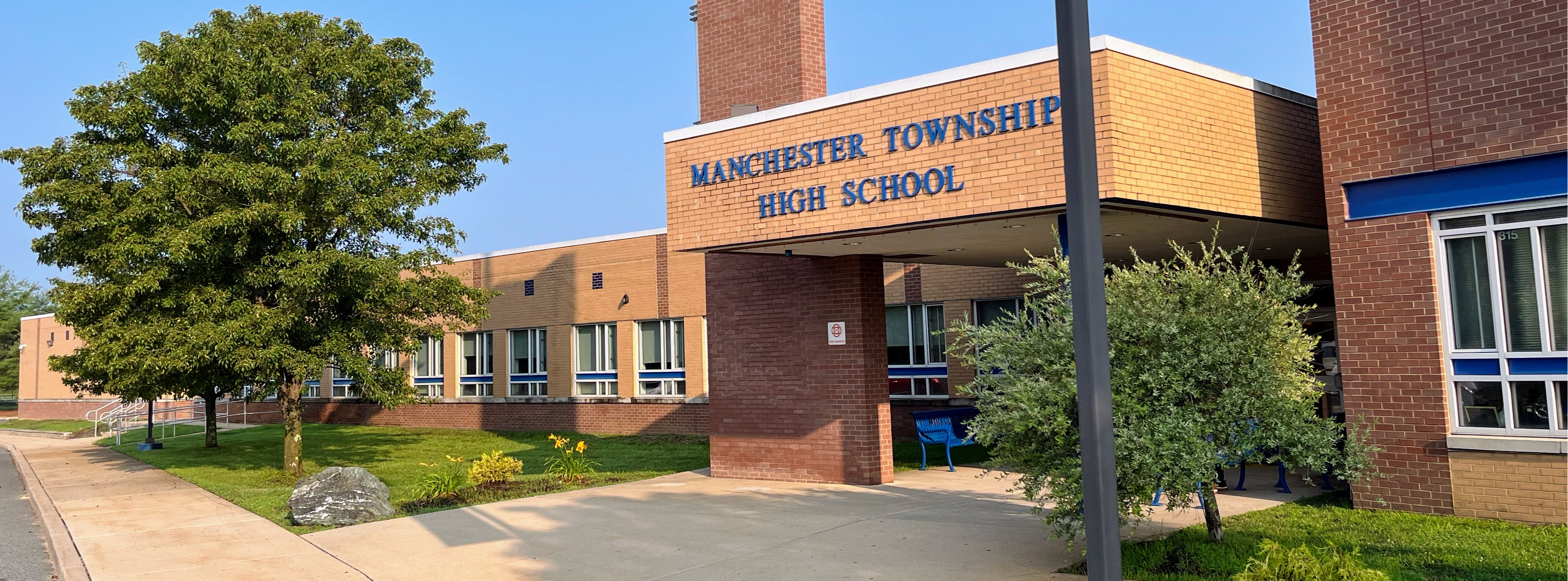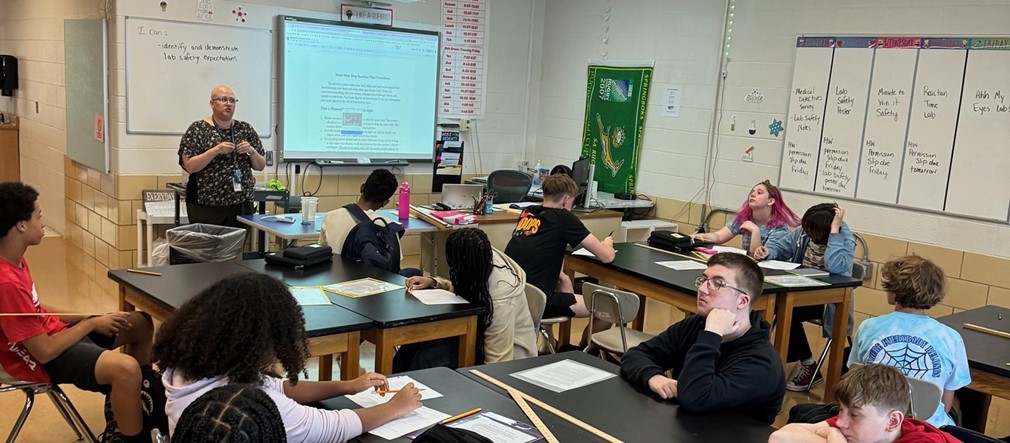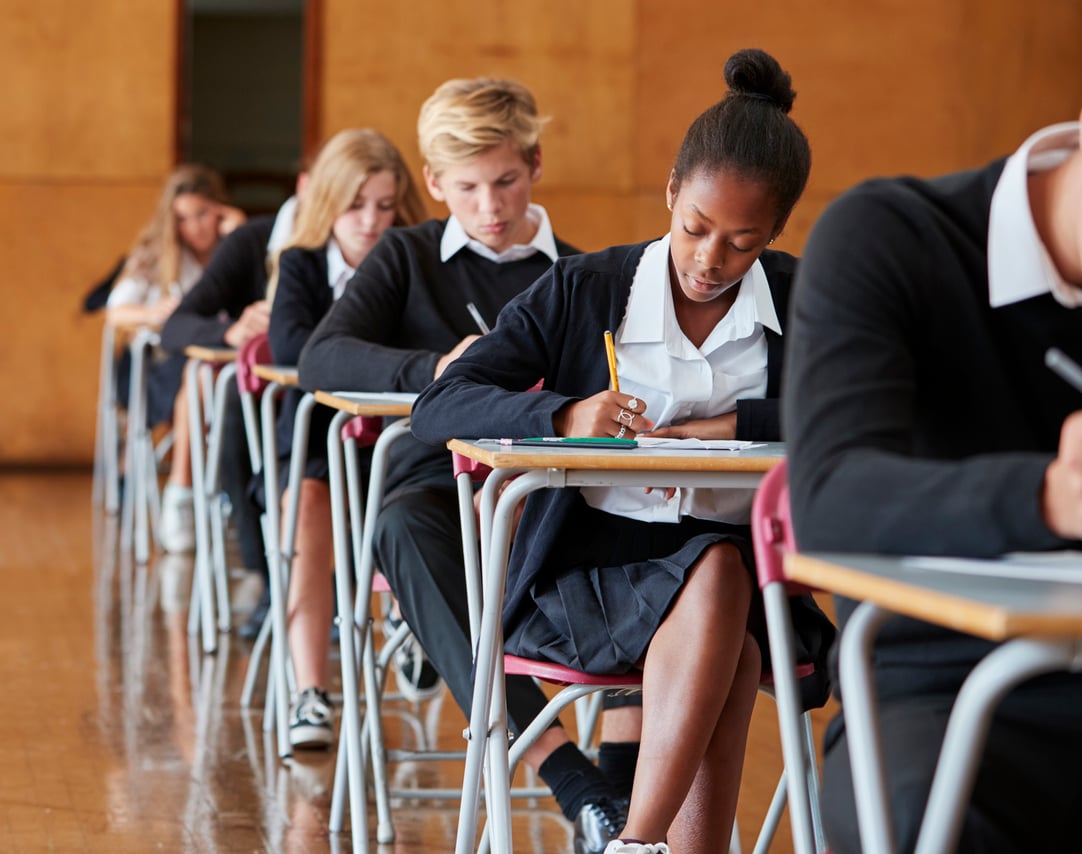Fundraising Concepts to Conserve Temecula Schools and Programs
Fundraising Concepts to Conserve Temecula Schools and Programs
Blog Article
Just How Schools Play an Important Role in Shaping Future Leaders and Innovators
By incorporating project-based understanding and interdisciplinary researches, instructional establishments test trainees to examine and synthesize intricate info. Educators serve as mentors, leading pupils and supporting their capacity, while extracurricular activities better establish management abilities and resilience.
Fostering Critical Thinking
In today's rapidly advancing globe, cultivating crucial thinking within academic organizations has actually come to be critical. As culture comes to grips with significantly intricate worldwide challenges, the ability to analyze, review, and synthesize information is necessary. Institutions play a critical function in establishing these abilities, preparing students to navigate and deal with complex issues with notified, reasoned decisions.
To grow important thinking, teachers use numerous pedagogical strategies that motivate energetic discovering and intellectual involvement. Classroom conversations, problem-based knowing, and Socratic examining are crucial in promoting logical and reflective thought processes. By testing trainees to interrogate assumptions and consider numerous point of views, these techniques ensure a deeper understanding of subject issue beyond rote memorization.
In addition, incorporating important assuming throughout the educational program reinforces its value and applicability in varied contexts. Topics such as mathematics, science, background, and literature each offer distinct possibilities to establish students' vital professors. For circumstances, assessing historic events calls for assessing sources and recognizing context, while clinical query demands rigorous theory testing and evidence-based thinking.
Ultimately, instilling essential believing skills in students furnishes them with the cognitive tools needed for lifelong learning and flexibility. It is via this fundamental capability that future leaders will have the ability to introduce, resolve problems, and add meaningfully to society.
Motivating Creative Thinking
Welcoming imagination within instructional structures galvanizes trainees to assume beyond traditional boundaries and discover innovative options. By integrating artistic endeavors and imaginative reasoning workouts right into the educational program, colleges cultivate an environment where originality and creative thought are valued. This strategy not only improves the academic experience but also outfits students with the capacity to tackle real-world difficulties in novel ways.
School can cultivate creative thinking via varied means such as project-based discovering, interdisciplinary studies, and the incorporation of arts and innovation. Project-based learning, as an example, urges trainees to use their knowledge in functional, often collaborative, projects that demand innovative analytical abilities. Interdisciplinary studies enable trainees to draw connections in between different topics, therefore widening their perspectives and enhancing their imaginative abilities.
In addition, supplying students with possibilities to engage with emerging technologies, such as coding and digital layout, even more nurtures their creative possibility. These tasks trigger students to experiment, fall short, and iterate, which are critical elements of the creative process (Save Temecula Schools). By preserving a supportive environment where experimentation is encouraged, colleges can guarantee that students develop the confidence to seek ingenious concepts
Fundamentally, nurturing creative thinking in academic setups is crucial for shaping future leaders and trendsetters with the ability of addressing complex worldwide issues with ingenuity.
Encouraging Cooperation

Applying group-based learning modules and cooperative tasks enables pupils to experience the dynamics of synergy firsthand. This not only prepares them for the collaborative nature of modern workplaces however likewise nurtures leadership high qualities as they usually have to take on functions such as project supervisors or team organizers. In addition, partnership in the classroom can damage down social barriers and advertise inclusivity, making certain that each student really feels valued and listened to.
Additionally, incorporating modern technology can even more support collective initiatives. Devices like shared digital workspaces and interactive systems allow trainees to interact efficiently, also outside the classroom. As pupils create these collective skills, they are better outfitted to deal with complicated difficulties and innovate, preparing for their future roles as see leaders and innovators.
Duty of Teachers as Mentors

Mentorship entails individualized focus, where educators identify and nurture private strengths and address weaknesses. Save Temecula Schools. Via one-on-one interactions, educators can tailor their suggestions and support to fulfill each pupil's special requirements, cultivating a feeling of self-confidence and durability. This individualized strategy cultivates a development mindset, urging pupils to check out failures as possibilities for finding out and development
In addition, instructors function as good example, showing the values of compassion, willpower, and integrity. Their activities and attitudes provide a plan for trainees to emulate, instilling a sense of moral responsibility and social awareness. By producing a comprehensive and encouraging class atmosphere, educators allow students to establish social skills that are crucial for reliable leadership.
In significance, the mentorship given by instructors lays a fundamental structure for the development of future leaders, outfitting them with the knowledge, abilities, and worths required to stand out in an ever-evolving globe.
Influence of Extracurricular Tasks
When integrated efficiently right into the instructional framework, extracurricular activities substantially enhance student development and leadership potential. These Check This Out activities give trainees with possibilities to check out interests beyond the traditional educational program, promoting a well-rounded skill collection.
Furthermore, extracurricular involvement urges creativity and development. Trainees engaged in argument, drama, or songs clubs discover to assume seriously and method troubles from varied viewpoints. These experiences instill confidence, making it possible for students to voice their ideas and take effort in numerous setups. By teaming up with peers from different histories, trainees likewise establish empathy and interaction skills, necessary characteristics for future leaders.
Research suggests that pupils included in such programs often tend to have higher grades and much better participation documents. Hence, schools that prioritize a balanced approach to education, incorporating robust extracurricular programs, are more likely to produce innovators and leaders geared up to meet the challenges of the future.

Verdict
In verdict, institutions significantly form future leaders and trendsetters by nurturing vital thinking, creativity, and collaboration amongst students. Involving instructional methods such as project-based learning and interdisciplinary studies play an essential role in this growth. Teachers, working as mentors, offer essential support and assistance, while extracurricular tasks even more boost management possible and resilience. By promoting an encouraging setting that values specific toughness and teamwork, institutions gear up students with the required abilities to navigate future challenges and drive development.
As pupils establish these collective abilities, they are much better furnished to deal with intricate difficulties and innovate, laying the foundation for their future duties as pioneers and leaders.
By promoting essential reasoning and analytical abilities, teachers aid trainees navigate complicated challenges, preparing them for management duties in various areas.
By working together with peers from additional info different histories, pupils additionally establish compassion and interaction skills, important traits for future leaders.
In verdict, colleges substantially shape future leaders and innovators by supporting vital thinking, creative thinking, and cooperation amongst trainees. By fostering a helpful setting that values specific staminas and synergy, colleges furnish students with the necessary skills to navigate future difficulties and drive development.
Report this page